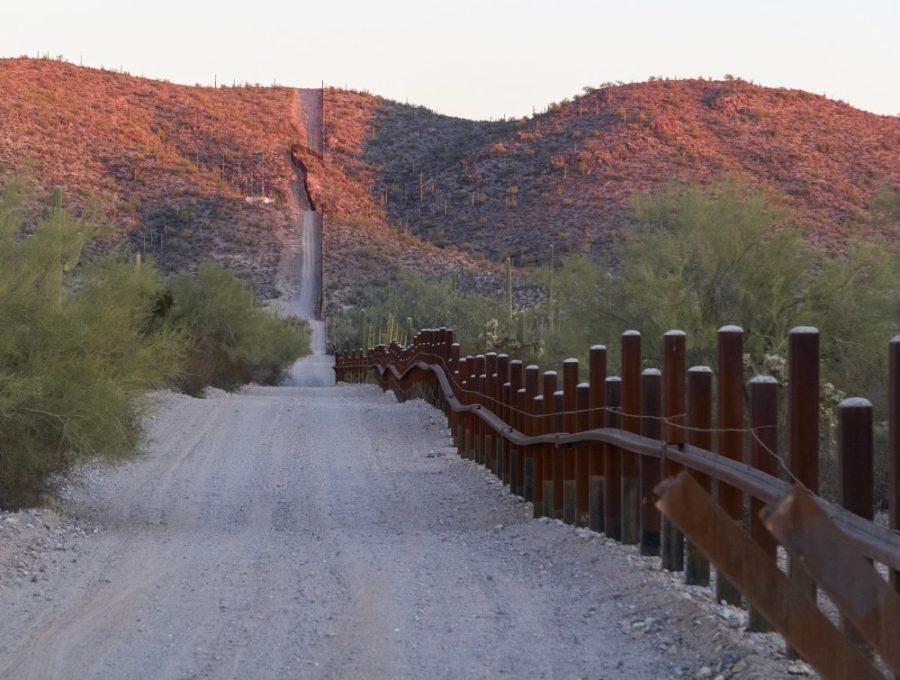The Arizona Senate passed two bills last month: Senate Bill 1377 and Senate Bill 1378, which are set to change the way undocumented immigrants who commit crimes will serve time and how the government will handle sanctuary cities.
SB 1377, which some have dubbed “Grant’s Law,” was passed so that undocumented immigrants can now serve a maximum sentence in prison for any crime they committed without a possibility of a plea deal, bail or parole, according to the Arizona State Legislature and Immigration Reform.
The bill was named after Grant Ronnebeck, a 21 year old man who was shot by Apolinar Altamirano, an undocumented immigrant, in January 2015.
The argument behind the legislation is that Ronnebeck would still be alive if Altamirano was not able to take a plea deal for a previous crime of burglary, with which he received two years probation.
The second bill, SB 1378, was passed to discontinue funding for multiple cities, towns and counties in Arizona that financially aid undocumented immigrants or are considered sanctuary cities, according to the Arizona State Legislature.
Anita Huizar, assistant professor of border studies in the Department of Spanish and Portuguese, said immigration has been a divisive issue since Arizona’s territorial days, and the two bills are part of a conversation that is over 100 years old.
“Sometimes those campaigns have been successful and sometimes they haven’t been successful in terms of overturning the specific legislation,” Huizar said. “But regardless of immediate outcome, all of those efforts have contributed to making Arizona the complex place it is today.”
As a part of this conversation, there’s a long tradition of Arizonans, not just from the Latino community but from other communities as well, pushing back against legislation that is perceived as anti-immigrant.
“The new bills, much like old bills such as SB 1070, are oppressive and targeted specifically at Hispanic and Latino immigrants,” said Stephanie Zamora, co-chair treasurer of the cultural group on campus Movimiento Estudiantil Chicano/a de Azlan, or MEChA.
To Zamora, the more money the system makes, the larger the picture gets.
“The overall point of this law, which seeks to put a mandatory minimum sentence for those who are here on an undocumented status, is for the profit of the prison industrial complex, which already incarcerates migrants, even children,” Zamora said.
According to Zamora, places like the Corrections Corporation of America run detention centers in a similar manner as the one located in Eloy, Arizona.
“More bodies are equivalent to more money, and who better to target … than those who do not have a voice and are continually demonized?” Zamora said.
Right now, MEChA is focusing on putting on its national conference and rallying for Proposition 123 to be passed in order to put money back into schools and not into the prison system.
The group is not directly protesting against the senate bills but is practicing civil engagement that will influence greater outcomes, according to Zamora.
“When the state proposed SB 1070, the community resisted,” Zamora said. “… Phoenix lost hundreds of millions of dollars in the tourism and entertainment sector because the public stood behind the organizers and protesters. The Hispanic and Latino community has huge political and economic power; we just have to motivate folks to use it.”
For Zamora, these bills will not keep the Hispanic and Latino community down. As the beloved, indigenous saying goes:
“They tried to bury us, but they didn’t know we were seeds.”
Follow Gabriella on Twitter









